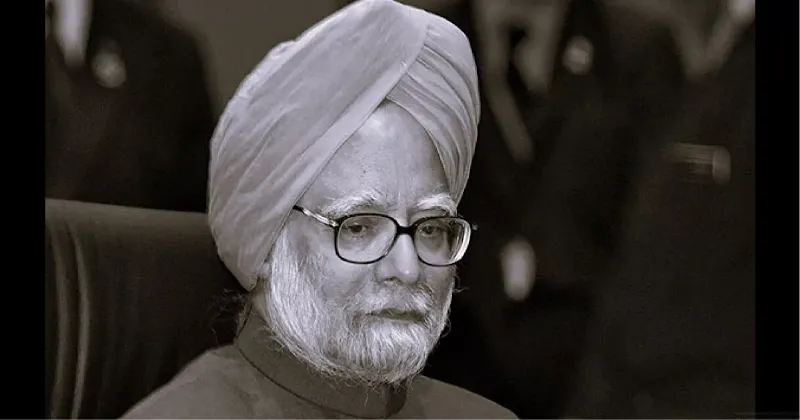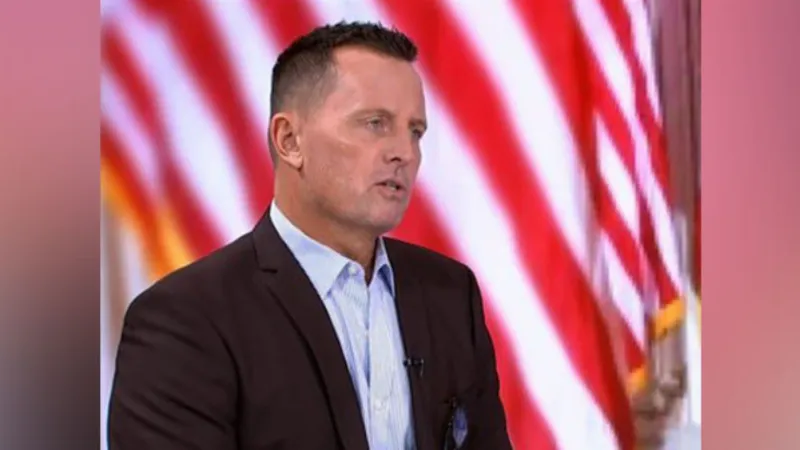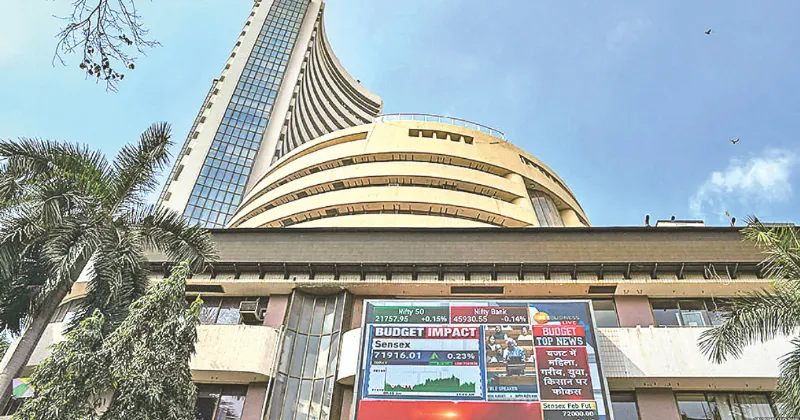Davos [Switzerland]: The recent Chief Economist Outlook survey indicates a continuing ease in global inflation in 2024, prompting speculation about the trajectory of interest rates for the year.
Central banks worldwide, over the last two years, implemented their steepest interest-rate increases in two decades to counter inflation.
While expectations for high inflation are diminishing globally, the persistently high rates are testing economic resilience and impacting borrowers and global markets.
The implications of these high rates and the possibility of them becoming the new normal were discussed in a session titled 'The High Rate Reality' at Davos 2024, the Annual Meeting of the World Economic Forum.
The panel included Gita Gopinath, First Managing Director at the International Monetary Fund (IMF); Francois Villeroy de Galhau, Governor of the Central Bank of France; Chuck Robbins, Chair and CEO of Cisco Systems; and Nasdaq Inc. Chair and CEO Adena Friedman, in conversation with Steve Sedgwick, anchor at CNBC.
Gopinath began the session by addressing 'premature' expectations around aggressive rate cuts. She highlighted the current labour market conditions in the US and the Euro area and suggested that while rates might come down in 2024, this is more likely to happen in the second half of the year.
She emphasized that the average interest rates are expected to remain higher compared to the post-financial crisis period (2008-2019) due to more severe and frequent supply shocks, cautioning central bankers to adopt a more conservative approach.
"We still have labour markets that are relatively tight in the US, and including the Euro area. So we should expect rates to come down sometime this year. But based on the data that we're seeing right now, we expect this to be more likely in the second half of this year," she said.
"Now we're in a world where we have far more supply shocks that are much more severe, and we've seen that inflation can come back pretty strongly," she said.
Gopinath added, "So we are moving to a regime where central bankers are going to be a little more cautious about running the economy hot, and also moving pre-emptively and not waiting until they see inflation go above target. Because of those reasons, we're moving to a higher rate environment."
Villeroy de Galhau, considering the soft-landing scenario, indicated the possibility of a rate cut in the Eurozone in 2024. He emphasized that major surprises, such as those in the Middle East, could influence the decision.
"Bearing major surprises - we look at the Middle East - our next move will be a [rate] cut, probably this year," he said.
The impact of rising interest rates on the economy is still unfolding, with varying effects across sectors and regions.
Gopinath mentioned that around 75 per cent of the transmission in the US has already occurred, but the Eurozone is still experiencing the impacts.
The panel discussed the resilience of households and corporations with stronger balance sheets, but Robbins highlighted changes in corporate decision-making influenced by a shift from a "free money mentality."
He noted the effects of mergers and acquisitions (M&A), emphasizing a more responsible approach in the new high-rate environment.
Friedman suggested that while markets predict rate cuts in 2024, the US Federal Reserve is likely to prioritize stability before making significant moves.
She cautioned against returning to a low-interest economy, emphasizing the importance of a rate environment in the 3-4.5 per cent range for sustainable growth.
Looking ahead, the panel acknowledged that the 'new normal' would likely not resemble the subnormal period of 2015-22. Villeroy de Galhau suggested it might be an era of 'fair money' rather than 'easy money' or 'free money.'
As discussions at Davos 2024 unfold, global leaders grapple with uncertainties surrounding interest rates, striving to navigate economic challenges and foster sustainable growth in the evolving financial landscape. (ANI)


.jpg)




















